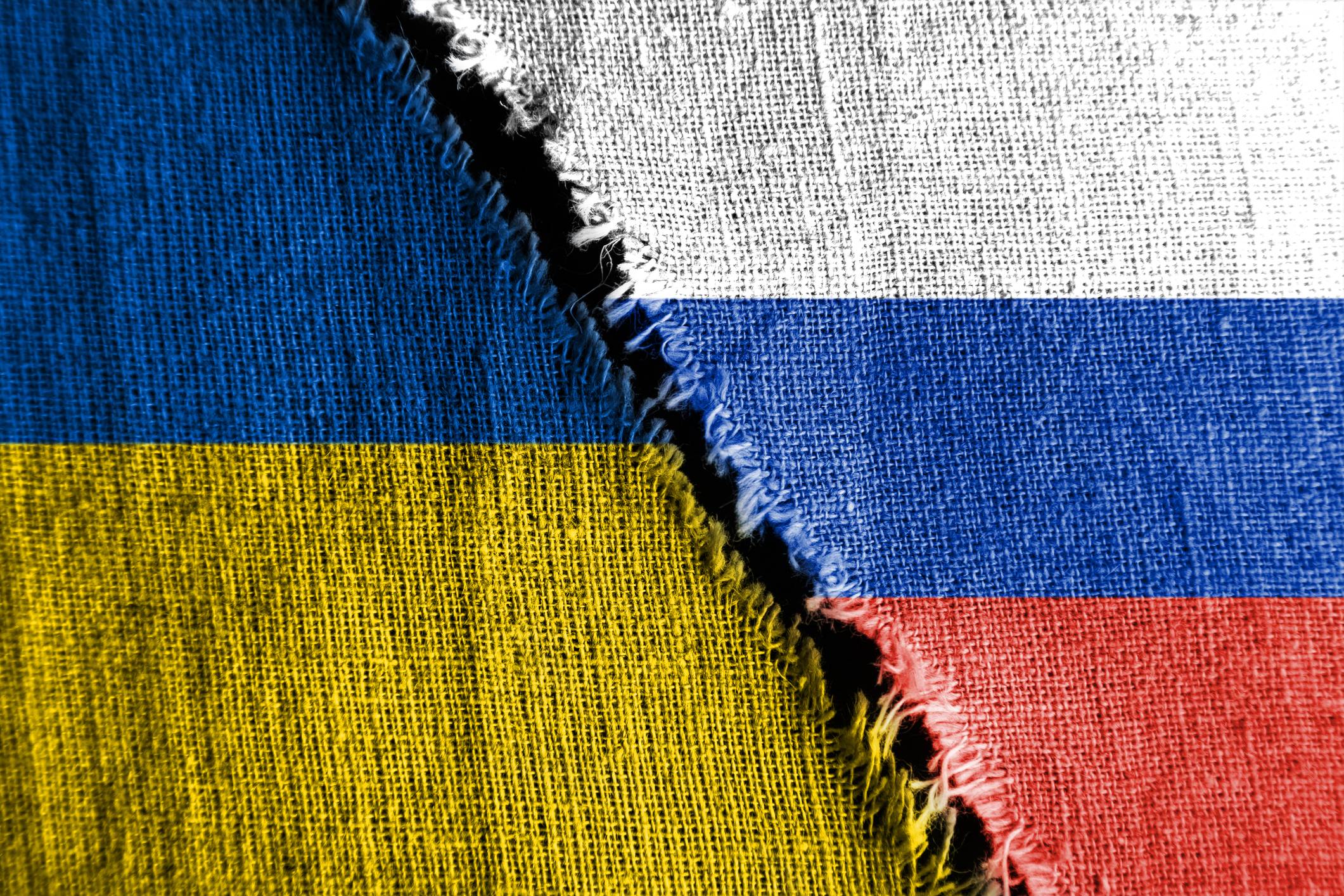Harrowing scenes from Ukraine continue to make headlines as Russia shows no signs of stopping its march into the independent nation. That has meant a lot of coverage on the news and a lot of new vocabulary.
The first kanji you might be noticing more is 露 (tsuyu/ro/rō). The character represents “dew,” “tears” and “exposure,” and you may have seen it in words like 露見 (roken, discovery [of a plot/misdeed]) or 披露宴 (hirōen, reception [for weddings]). However, this kanji also represents “Russia.”
Take a look at this headline from the Sankei Shimbun: 露の「非友好国」指定に日本抗議 (Ro[shia] no “hiyūkō koku” shitei ni Nihon kōgi, Japan protests “unfriendly country” designation by Russia). By using the 露 kanji on its own, rather than spelling out ロシア (Roshia, Russia), the headline writer saves space.



















With your current subscription plan you can comment on stories. However, before writing your first comment, please create a display name in the Profile section of your subscriber account page.